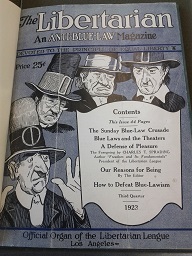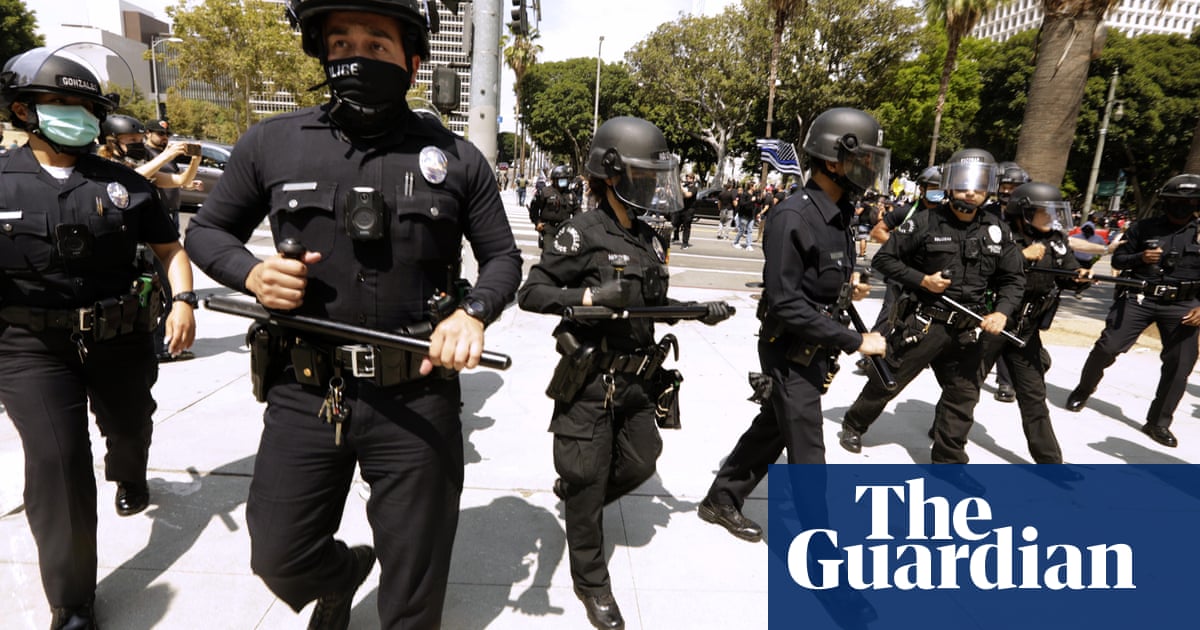US Officials Defend Deportation of Thousands: The Biden Government’s Massive Show of Force Against Haitian migrants, Del Rio, Texas

Shared Article from Spokesman.com
U.S. launches mass expulsion of Haitian migrants from Texas
The U.S. is flying Haitians camped in a Texas border town back to their homeland and blocking others from crossing the border from Mexico in a massi…
spokesman.com
US launches mass expulsion of Haitian migrants from Texas
DEL RIO, Texas — The U.S. is flying Haitians camped in a Texas border town back to their homeland and blocking others from crossing the border from Mexico in a massive show of force that signals the beginning of what could be one of America’s swiftest, large-scale expulsions of migrants or refugees in decades. . . . In all, U.S. authorities moved to expel many of the more than 12,000 migrants camped around a bridge in Del Rio, Texas, after crossing from Ciudad Acuña, Mexico. Mexico also said it would deport Haitian migrants, and began busing them from Ciudad Acuña Sunday evening, according to Luis Angel Urraza, president of the local chamber of commerce. . . .
. . . When the border was closed Sunday, the migrants initially found other ways to cross nearby until they were confronted by federal and state law enforcement. An Associated Press reporter saw Haitian immigrants still crossing the river into the U.S. about 1.5 miles east of the previous spot, but they were eventually stopped by Border Patrol agents on horseback and Texas law enforcement officials.
. . . The rapid expulsions were made possible by a pandemic-related authority adopted by former President Donald Trump in March 2020 that allows for migrants to be immediately removed from the country without an opportunity to seek asylum. President Joe Biden exempted unaccompanied children from the order but let the rest stand.
— Juan A. Lozano, Eric Gay, Elliot Spagat and Evens Sanon, US launches mass expulsion of Haitian migrants from Texas
Associated Press, 20 September 2021.
Shared Article from AP NEWS
US officials defend expulsion of Haitians from Texas town
DEL RIO, Texas (AP) — More than 6,000 Haitians and other migrants have been removed from an encampment at a Texas border town , U.S.
apnews.com
US officials defend deportation of Haitians from Texas town
DEL RIO, Texas (AP) — More than 6,000 Haitians and other migrants have been removed from an encampment at a Texas border town, U.S. officials said Monday as they defended a strong response that included immediately deporting migrants to their impoverished Caribbean country and using horse patrols to stop them from entering the town.
. . . Mayorkas and Border Patrol Chief Raul Ortiz said they would look into agents on horseback using what appeared to be whips and their horses to push back migrants at the river between Ciudad Acuña, Mexico, and Del Rio, Texas, where thousands of migrants remain camped around a bridge.
Both officials said they saw nothing apparently wrong based on the widely seen photos and video. Mayorkas said agents use long reins, not whips, to control their horses. Ortiz, the former chief of the Del Rio sector, said it can be confusing to distinguish between migrants and smugglers as people moved back and forth near the river. The chief said he would investigate to make sure there was no
unacceptableactions by the agents.Mayorkas said 600 Homeland Security employees, including from the Coast Guard, have been brought to Del Rio, a city of about 35,000 people roughly 145 miles (230 kilometers) west of San Antonio. He said he has asked the Defense Department for help in what may be one of the swiftest, large-scale expulsions of migrants and refugees from the United States in decades.
. . .
We’re achieving our goals; we’re getting there and getting to a point where we can manage the population here,said Ortiz, who blamed the surge on smugglers who spread misinformation.We are already seeing a quickly diminished (population) and will continue to see that over the coming days.— Juan A. Lozano, Eric Gay, Elliot Spagat and Evens Sanon, US officials defend deportation of Haitians from Texas Town
Associated Press, 20 September 2021.
I don’t have anything clever to say today about this quote, unquote, massive show of force.
It is no surprise seeing this come from the present government’s border patrol. But it is appalling, and it is shameful. And of course it is unacceptable. It’s not unacceptable because of the horses or the reins or any particular act of thuggish behavior. It is unacceptable because the policy is unacceptable, appalling and shameful because the politics are appalling and shameful, precisely because the border patrol just carried out one of the swiftest, large-scale expulsions of migrants and refugees from the United States in decades,
and because, having done so, they can truthfully say quote, unquote, We’re achieving our goals; we’re getting there and getting to a point where we can manage the population here.
The goals that this government is achieving are despicable. The means that it is employing to achieve them are deplorable. There is no nation on Earth that is worth treating people like this, let alone treating thousands of desperate people like this when they seek nothing but to be left free to go in peace. The authorities say that they have to do this for humanitarian reasons, because there are far too many people penned up in far too little space in a pair of little border towns that cannot support them. This is the most maddening sort of upside-down political logic; of course it is only because of the armed force of this population-managing Progressive President’s paramilitary border patrol that anyone was camped out in Del Rio or Ciudad Acuña, rather than traveling peacefully through the rest of the United States, which unquestionably has more than enough room for them to find accommodations. But we have the vile, sick joke of wringing hands and professing this agonized concern from the very people who have spent all this time standing in their way to keep them penned up in squalid and dangerous open-air camps, and then charging them to force them back, and then rounding them up to send thousands of peaceful people back into the very places that they have made every effort to escape. To hell with that, and to hell with the politics and politicians who do that. There is no politic, no policy, no party, no goal or goddam Strong Response
that could justify or excuse it. There is no national border more important than a single human life, no national policy that can defend deporting even one innocent traveler, let alone treating thousands of travelers as cruelly as this.


 I’m starting in on work for the first issue of Clarence L. Swartz and Charles T. Sprading’s magazine, The Libertarian, which began publication in 1923. The magazine was the official organ of Sprading’s
I’m starting in on work for the first issue of Clarence L. Swartz and Charles T. Sprading’s magazine, The Libertarian, which began publication in 1923. The magazine was the official organ of Sprading’s 

